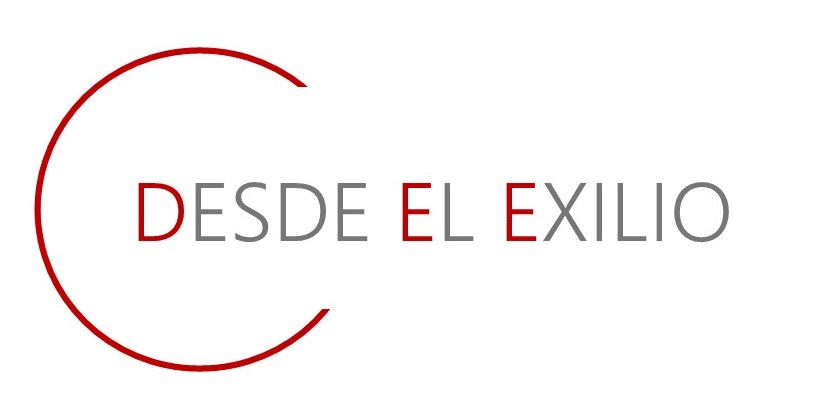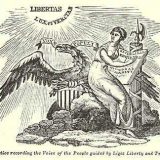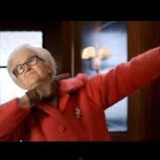Leo un intersantísimo artículo de Ivan Krastev (Presidente del «Center for Liberal Strategies» búlgaro) publicado en Open Democracyy que paso a comentar brevemente:
«Could it be that Vladimir Putin’s Russia will emerge as the greatest beneficiary of the colour revolutions and “new Europe” is the biggest loser in the mid-term? There are convincing signs that Russia is adopting a “support for democracy” approach and has begun investing in the development of an NGO infrastructure as the major instruments for destabilising pro-western governments and regaining influence in places like Ukraine.»
Krastev cree ver tres razones plausibles para defender su tesis:
«First, the current energy crisis creates a perfect opportunity for Russia to transform itself from a defunct military superpower into a new energy superpower. Moscow’s favourable oil prices have given the Russian government the financial resources and international influence to launch an active foreign policy in its blizhneye zarubezhiye (“near abroad”).»
la segunda:
«The emergence of a de facto post-enlargement EU closed to the membership aspirations of Ukrainians, Georgians, Moldovans or Belarussians creates a space for Russia’s soft power and reduces the attractiveness of the “Europeanisation” option.»
y termina:
«Third, and least understood, is that the orange revolution in Ukraine was Russia’s 9/11: it has had a revolutionary impact on Russian foreign-policy thinking. In pre-orange days Russia tended to view the European Union as a benevolent competitor and a strategic ally in its desire for a multipolar world. In the post-orange reality of today, the EU is Russia’s major rival. This sudden change of heart is easy to explain. The EU is the only great power with unsettled borders. Even more important, the EU – which Moscow previously saw as an instrument to realise Paris-Berlin foreign-policy visions (and thus as an obstacle to the United States’s hegemonic presence on the continent) – is now viewed as an instrument for the realisation of the ambitions of Washington and Warsaw. Thus, it is not surprising that marginalising the EU as a foreign-policy actor and sidelining “new” Europe will be a major objective of the new Russian policy. Moscow will focus on bilateral relations with the key European powers – Paris, Berlin, Rome and London – and it will do its best to make it impossible to adopt any common European policy towards the post-Soviet space.»
Basta con hacerse consciente de lo antes descrito, para entender claramente la importancia que tuvieron muchas de las decisiones de política exterior adoptadas por el Gobierno de Schöder, entre otras la decisión sobre a la construcción de un gasoducto entre Rusia y Alemana, excluyendo del proyecto a los Estados bálticos y Polonia, quienes justificadamente huelen una posible «chamusquina» y vuelven sus miradas hacia los EE.UU en busca de amparo. No tienen fé en posibles apoyos de Europa y están convencidos que no la recibirán de Alemania.
También el «ambiente» interior germano contra los «trabajadores extranjeros» de Europa del Este que «quitan» al buen y aplicado alemán los puestos de trabajo, contribuye a crear un clima amargo en los vecinos de Europa del este. Europa Occidental, en vez de una apertura e integración, ofrece a los nuevos y potenciales miembros de la UE separación y motivo de sospecha. Ello puede convertirse en arma de doble filo, evitando la apertura hacia occidente de los Estados de la CEI, que en vez de eso volverían sus miradas hacia el modelo ruso de «democracia». Krastev no cuenta al respecto:
«Stability and preservation of the territorial integrity of the post-Soviet states is no longer a primary objective of Moscow’s policies. Russia’s new strategy in the making is – in a distorting echo of the “guerrillas without guns” model pioneered by youth movements in countries to its west and south – based on exporting its own version of democracy and building pro-Russian constituencies in the post-Soviet societies. The major objective of this policy is to develop an efficient infrastructure of ideas, institutions, networks and media outlets that can use the predictable crisis of the current orange-type regimes to regain influence not simply at the level of government but at the level of society as well. Russia will not fight democracy in these countries. Russia will fight for democracy – its kind of democracy.«





Por cierto, Schroeder ha fichado por Gazprom no?
Desde lo de Gonzalez fichando por Slim no se ha visto otra tal. Como les gustan las propinas de los plutócratas a estos sociatas.
Cierto, AMDG. Pero es lo normal, si temenos en cuenta que USA y Rusia defienden intereses «nacionales» (concepto en desuso) y la UE defiende intereses coyunturales.
Es muy triste ver a los EE. UU., Europa y Rusia hacerse la competencia. No tiene sentido, es puro miopía. Y el peor papel es el que hace la UE.
oye echa un ojo a esta web
http://www.altoesla.com/
mira lo que trae sobre la estancion de san gloria y las intenciones de nuestra amada junta de CyL
«Rusia» tiene importantes reservas energéticas, un acervo tecnológico impresionante, un colpaso demográfico de caballo y un 16% de musulmanes (hoy).
Mimbres para forjar un imperio, pero no sé si será «ruso».